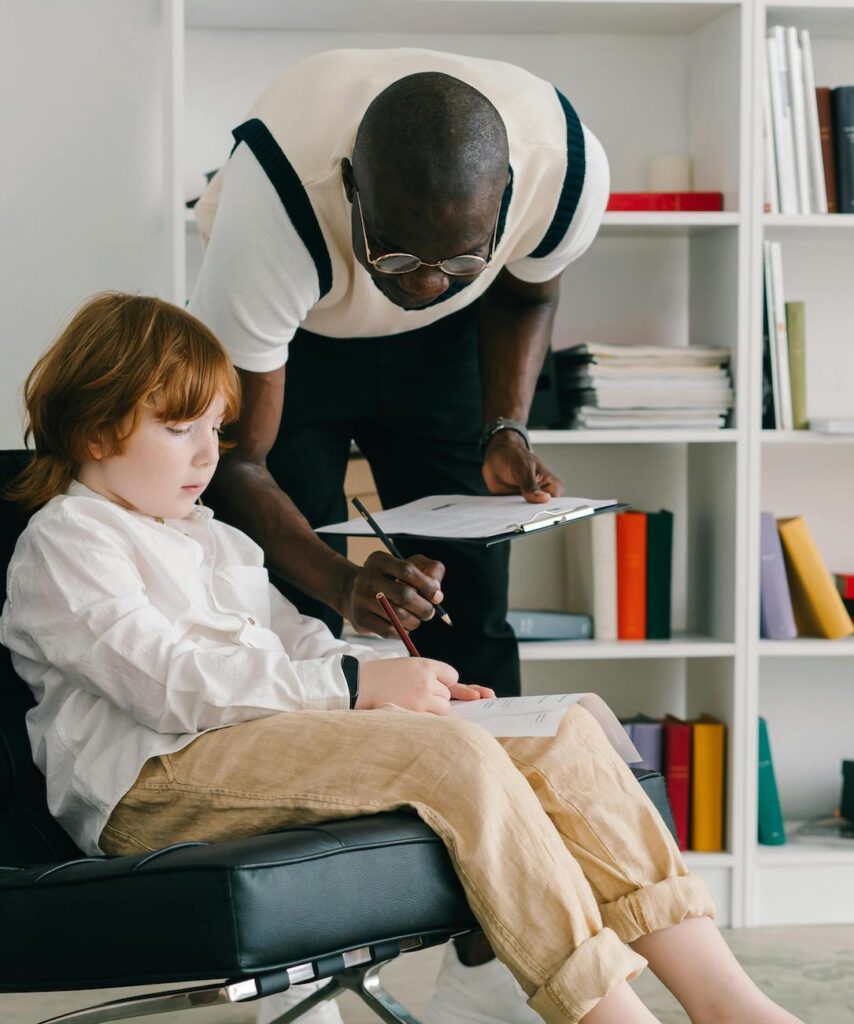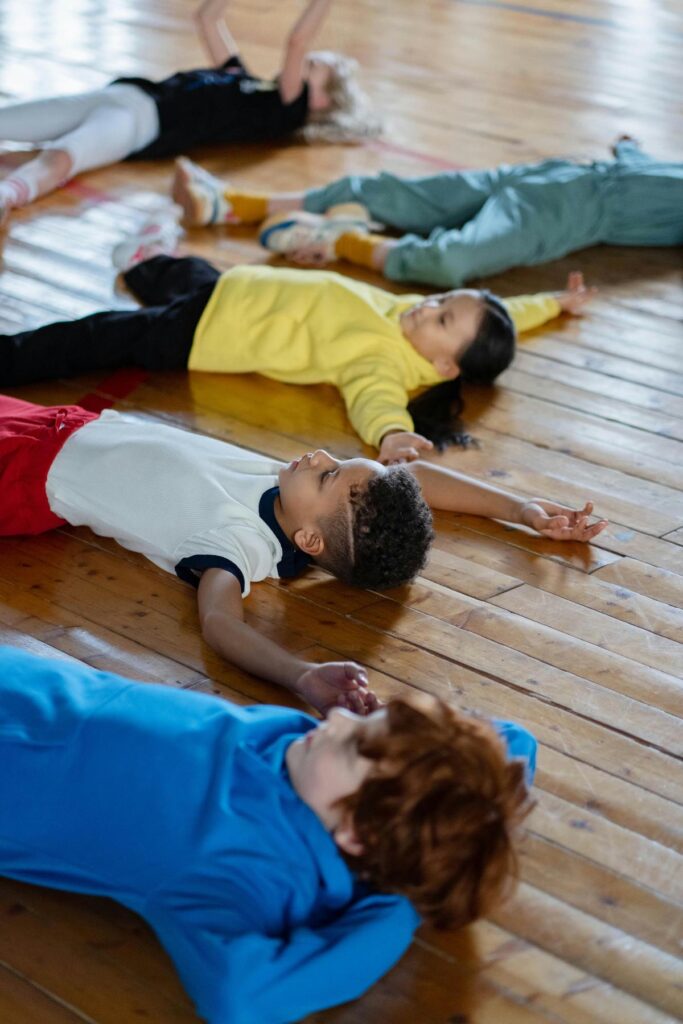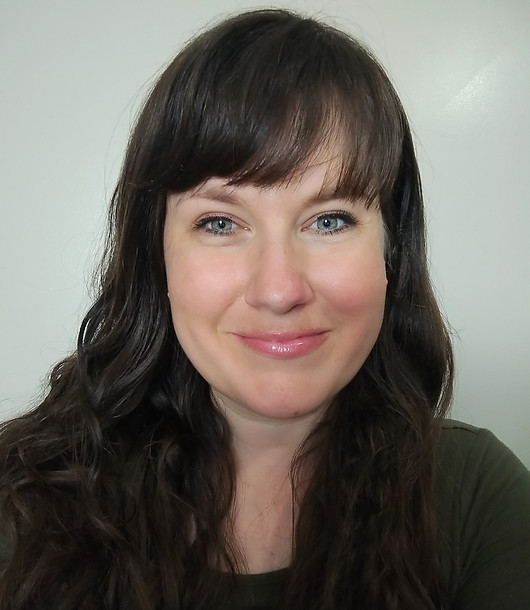Therapy for Children

Therapy for children often takes a unique form compared to adult therapy, as it must accommodate the developmental stages and communication styles of younger individuals. Child therapy frequently incorporates play, art, and storytelling to help children express their emotions and experiences in a way that feels natural and engaging to them. Play, art and even drama therapy allow children to communicate their thoughts and feelings through creative expression, which can be a highly valuable tool especially for youngsters who may struggle to articulate their emotions verbally.
Whenever a child is involved in therapy, our clinicians make every attempt to involve the family. A child’s environment and the relationships within the social/familial settings play a crucial role in their mental health. Unfold’s clinicians strive to work with parents to provide guidance on how to support their child at home by providing support to improve communication and establish healthy boundaries. This approach we refer to as a family-centered model; it can be particularly beneficial in addressing issues such as family conflict, divorce, or trauma. Additionally, therapy helps children develop essential coping skills and emotional regulation techniques, which are critical for managing stress and building resilience. By addressing these challenges early, therapy can prevent the development of more severe mental health issues later in life, fostering a foundation for healthy emotional and social development.
Therapy for Children Specialized Services
Individual Therapy
We specialize in providing the best possible care and support for children who are struggling with emotional and behavioral issues. At Unfold Psychology, we use evidence-based therapies and individualized treatment plans to help each child overcome their challenges. Our team of experienced therapists is committed to providing a warm and caring environment where children can feel safe and supported. We work closely with parents and families to develop a treatment plan that meets each child’s unique needs.


Young Kids Groups
Unfold Psychology is dedicated to providing high-quality mental health services to individuals of all ages. We believe in a holistic approach to therapy, where we consider each person’s unique situation and individual needs. Our group sessions for children provide a safe and supportive environment for peer interactions, helping children develop social skills, emotional regulation and problem-solving strategies. We provide a range of evidence-based interventions, including Cognitive Behavioral Therapy (CBT) and Mindfulness-based therapy, tailored to each child’s individual needs.
Mindfullness
We prioritize the mental health of our clients and tailor our approach to cater to all age groups. Our team of experts provides effective solutions based on the latest research, with a major emphasis on mindfulness. It’s not always easy for children to express themselves when they are experiencing mental health issues. That’s why we have adapted our therapy sessions to be playful and engaging while focusing on developing healthy habits. With our help, clients of all ages can live happy and fulfilling lives. Get in touch now to book a session.

Our Approach

Rachel provides engaging and supportive reading instruction for students ages 6-12. Whether your child is struggling with learning to read or has lost the love of reading, Rachel can work with your child in a way that increases fluency and encourages increased participation both at school and home. Rachel models alongside your student using the modalities of teaching, speaking, reading, writing, and listening to produce a better reader. She provides in-depth phonics and spelling instruction, allowing young readers to improve their word recognition and fluency skills. P
- Math
- Reading
- ESL
- Writing
- Grammer
- Handwriting
- Social Studies
- Science
- Science Projects
- Art
- Music
- General Homework Help
- Life Skills
- SEL
- Communication Skills
— A.A. Milne (Author of Winnie the Pooh)
Neuropsychological Evaluations for Children
If your child is struggling in school or on standardized tests
When there is a large disparity between a child’s potential or effort and his or her academic performance
When a child displays difficulties with learning or memory
When it is unclear why a child is struggling
When a child has any history of neurological difficulty
When a child has a history of developmental delay (e.g. delayed language or motor activity)
If a child has suffered a traumatic brain injury
If a child has suffered any toxic exposure (e.g. lead poisoning, alcohol)
To document any changes in a child’s abilities or achievement since prior evaluations
Discover the causes of your child’s academic struggles
To determine whether your child qualifies for accommodations on standardized tests such as the SAT or ACT
Determine whether your child qualifies for special education services
Gain a greater understanding of your child’s learning style and explain it to school staff
Obtain recommendations that will help your child learn to compensate for any difficulties
Assess the effectiveness of treatments and interventions
Determine whether academic difficulties are due to cognitive or motivational deficits
You may find it helpful to make an appointment with one of our tutors, who will utilize the knowledge gleaned from neuropsychological evaluation to design tutoring strategies specifically tailored for your child’s learning style.
A functional assessment is an approach to figuring out why your child acts a certain way. It uses a variety of techniques to understand what’s behind certain behaviors. This includes looking at non-academic factors that might be contributing to your child’s frustration with learning.
Knowing what’s behind behavior can help you and the school find ways to change the behavior. The basic idea behind this approach is that your child’s behavior serves a purpose. Whether they are aware of it or not, your child acts a certain way to get to a desired outcome or goal.

Meet Be Humane’s AI chatbot – here to help. Ask anything, anytime with no judgment. “Your family’s parenting companion”

